Tracing the history of Britain from 1901-2012…
| 1900 | ||
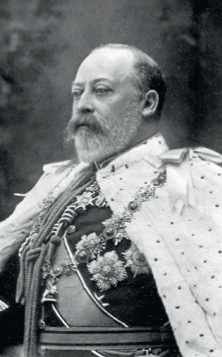 1901-10 1901-10Reign of King Edward VII |
1903 The Women’s Social and Political Union is formed to campaign for women’s suffrage. Emmeline and Christabel Pankhurst soon become the most prominent members. |
|
| 1904 Britain and France sign the Entente Cordiale, ending centuries of sporadic conflict and paving the way to future diplomatic and military co-operation |
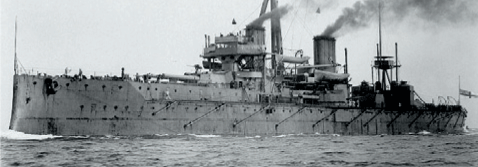 1906 The first Dreadnought class battleship is launched at Portsmouth. The most powerful battleship afloat, it raises the bar in the Anglo-German naval arms race |
|
| 1907 The Anglo-Russian Entente is formed |
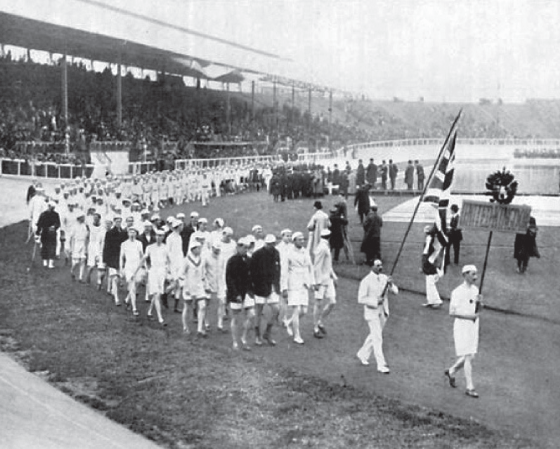 1908 1908The Olympic Games are held in London. Parliament approves the introduction of means-tested old age pensions of up to five shillings a week for people over 70 years old |
|
| 1910 | ||
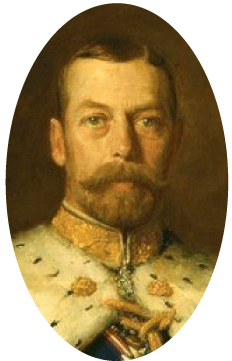 1910-36 Reign of King George V |
1911 The Parliament Act means the House of Lords cannot veto legislation passed by the House of Commons in three successive sessions; it also establishes five-yearly parliamentary elections |
|
| 1912 The Ulster Volunteer Force is formed in opposition to Liberal proposals for Home Rule for Ireland for the third time |
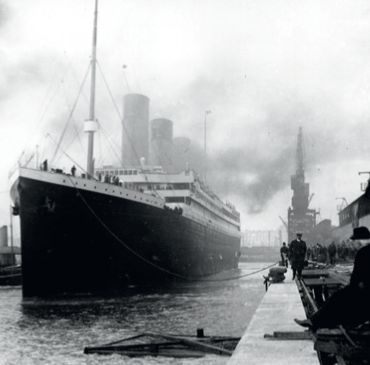 1912 1912The White Liner Titanic sinks on her maiden voyage from Southampton to New York with the loss of more than 1500 lives |
|
 1913 1913Suffragette Emily Davidson is killed after throwing herself in front of the King’s horse at the Derby |
1916 Irish Nationalists of the Easter Rising seize key buildings in Dublin, but the rising is crushed |
|
| 1914-18 The First World War – Major battles and casualties include Ypres (1914, 1915),the Somme, during which the British employed tanks for the first time (1916), Jutland (1916) and Passchendaele (1917).Other key dates include the German U-boat sinking of the Lusitania (1915), Zeppelin raids on British cities(from 1915), conscription (from 1916), entry into the war of the USA (1917), and Armistice on the Western Front 11am, 11 November 1918 |
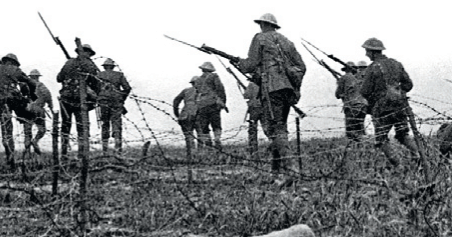 |
|
| 1918 The Royal Air Force is formed  |
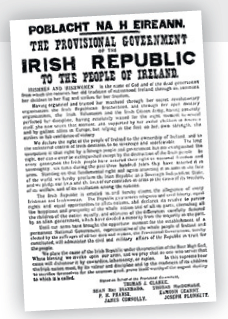 1919 1919The Treaty of Versailles establishes peace in Europe. Lady Astor becomes the first woman to sit as a British MP. Sinn Fein sets up the Dail Eireann (Irish Constituent Assembly) in Dublin proclaiming Ireland’s independence; the British government outlaws the assembly, sparking a two-year war with the IRA |
|
| 1920 | ||
| 1920 Women at Oxford University are allowed to receive degrees |
1922 James Joyce’s Ulysses and T S Eliot’s The Waste Land are published |
|
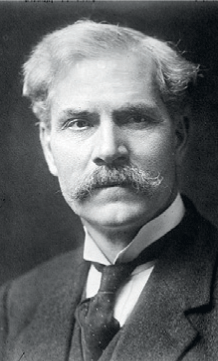 1924 1924Ramsay MacDonald becomes Britain’s first Labour prime minister, but the party loses the election to the Conservatives later in the year |
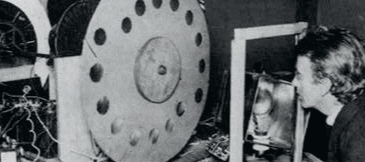 Scottish inventor and engineer John Logie Baird gives the first public demonstration of television, leading to the historic trans-Atlantic transmissions of television from London to New York in 1928. The General Strike following cuts in the coal-mining industry lasts just nine days |
|
| 1928 Women over the age of 21 are given the vote. The first “talkies” (films with audible dialogue) are shown in Britain. Alexander Fleming discovers penicillin |
1929 The Wall Street Crash in America sparks the Great Depression |
|
| 1930 | ||
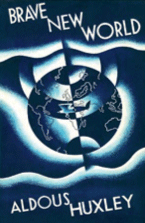 1932 1932Aldous Huxley’s Brave New World is published |
1934 Scottish Nationalist Party is formed to campaign for an independent Scotland |
|
 1935 1935The first Penguin paperbacks bring quality contemporary writing to the masses at affordable prices |
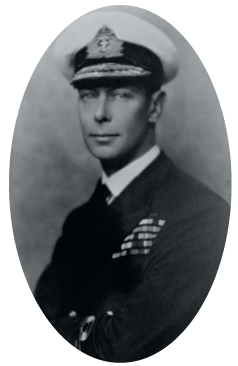 1936-52 1936-52Reign of King George VI |
|
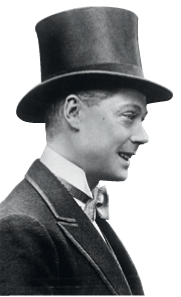 1936 1936Edward VIII becomes King but abdicates. Men from Jarrow, Tyne and Wear, march to London to petition Parliament for a new steel works following the closure of the local shipyard in an area of mass unemployment and poverty |
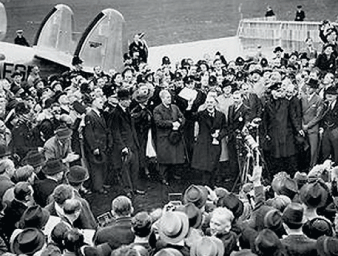 1938 1938The Munich Agreement and infamous claim by Prime Minister Neville Chamberlain that he returned having achieved “Peace for our time” |
|
 |
1939 Britain declares war on Germany after the invasion of Poland. The Second World War continues until 1945: key episodes include the evacuation of Allied troops from Dunkirk and the Battle of Britain (1940); entry of the Soviet Union and USA into the war (1941); the D-Day invasion of France; and surrender of Germany and then Japan (1945) |
|
| 1942 The Beveridge Report lays the foundations for the Welfare State, including the creation of the National Health Service in 1948 |
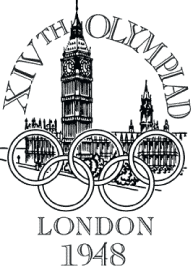 1948 1948Britain hosts the Olympic Games in London, dubbed the Austerity Games because rationing is still in force |
|
| 1947 India becomes independent from Britain and is partitioned |
||
| 1950 | ||
| 1951 The Festival of Britain seeks to lift spirits and sustain post-war confidence |
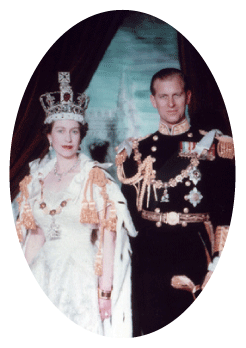 1952 1952Reign of Queen Elizabeth II begins |
|
| 1956 Anglo-French invasion of Egypt after Egypt’s decision to nationalise the Suez Canal Company, but the forces withdraw in the face of international pressure. John Osborne’s Look Back in Anger is produced in London |
1966 England wins the football World Cup |
|
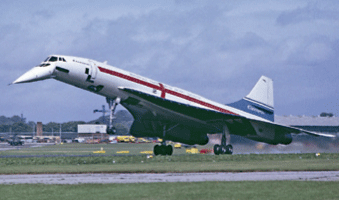 Concorde, the world’s first supersonic airliner developed by Britain and France, makes its maiden flight |
1971 Decimalised currency replaces pounds, shillings and pence |
|
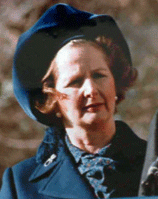 1979 1979Conservative Margaret Thatcher becomes Britain’s first woman prime minister |
1981 Prince Charles, heir to the British throne, marries Lady Diana Spencer at St Paul’s Cathedral |
|
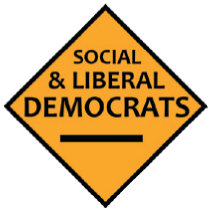 1988 1988The Social Democratic Party (founded 1981) merges with the Liberal Party to form the Social and Liberal Democratic Party, later known as the Liberal Democrats |
1989 Tim Berners-Lee invents the World Wide Web, while working at CERN the European Particle Physics Laboratory in Switzerland. The first successful communication follows in 1990 |
|
| 1990 | ||
| 1994 The Channel Tunnel linking London and Paris is officially opened – the first land link between Britain and Europe since the last Ice Age |
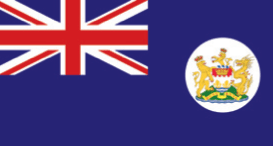 1997 1997Britain hands Hong Kong back to China, ending more than 150 years of British rule. |
|
| 2000 | ||
| 2011 Prince William, second in line to the throne, marries Kate Middleton at Westminster Abbey |
2012 Britain celebrates the Queen’s Diamond Jubilee and hosts the Olympics in London |
© Images Wikipedia
For more on 20th century Britain, read Francesca Carnevali’s 20th Century Britain: Economic, Cultural and Social Change .
.
Read the full article and discover lots more historical features in the newest issue of BRITAIN
Click here to subscribe!

Related articles





 © 2024
© 2024